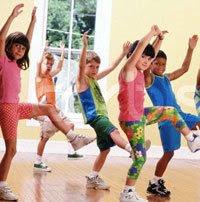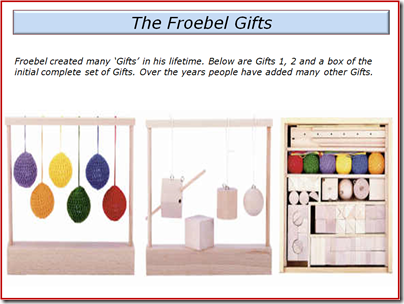Fredrich Wilhelm August Froebel (1782-1852)
Educational Pioneer gave birth to Kindergarten.
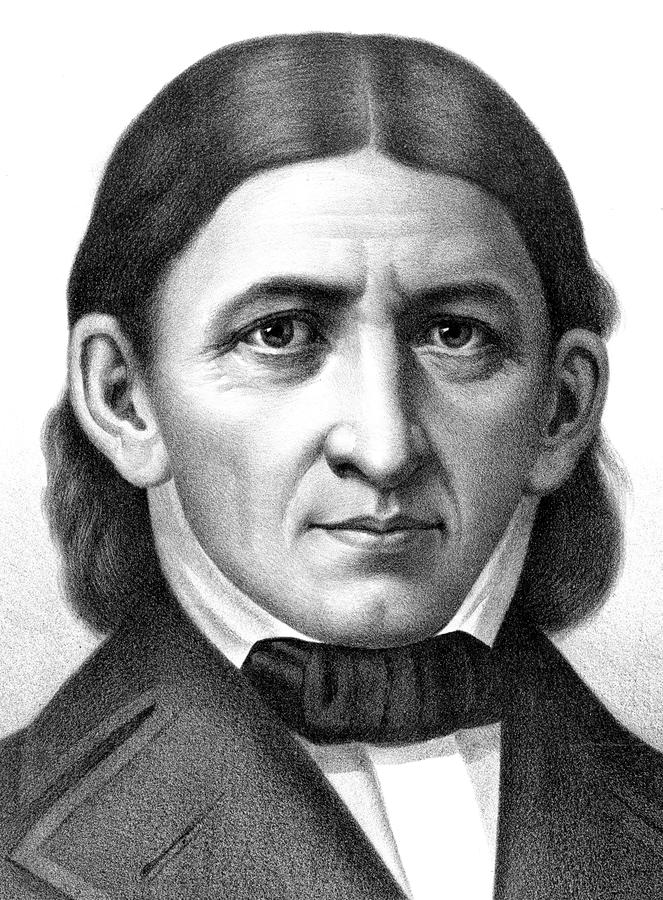
BACKGROUND INFORMATION
- Born on April 21, 1782 in Weinmar, Germany
- Studied at University of Gottingen.
- His areas of study were Mathematics and
Languages.
- Taught at school in Frankfurt known as
progressive school which was advocated by the Swiss Educator Johann Heinrich
Pestalozzi.
- Opened his own school at Griesheim in Thuringia.
-
Died on June 21,1852
Kindergarten invention
He recognized that every child has own unique needs and capabilities which should go through progressive education while working and learning as a student from Johann Heinrich Pestalozzi. Hence he came with idea of opening a school where they can develop and put intellectual learning to practice and he laid the foundation of modern education today.
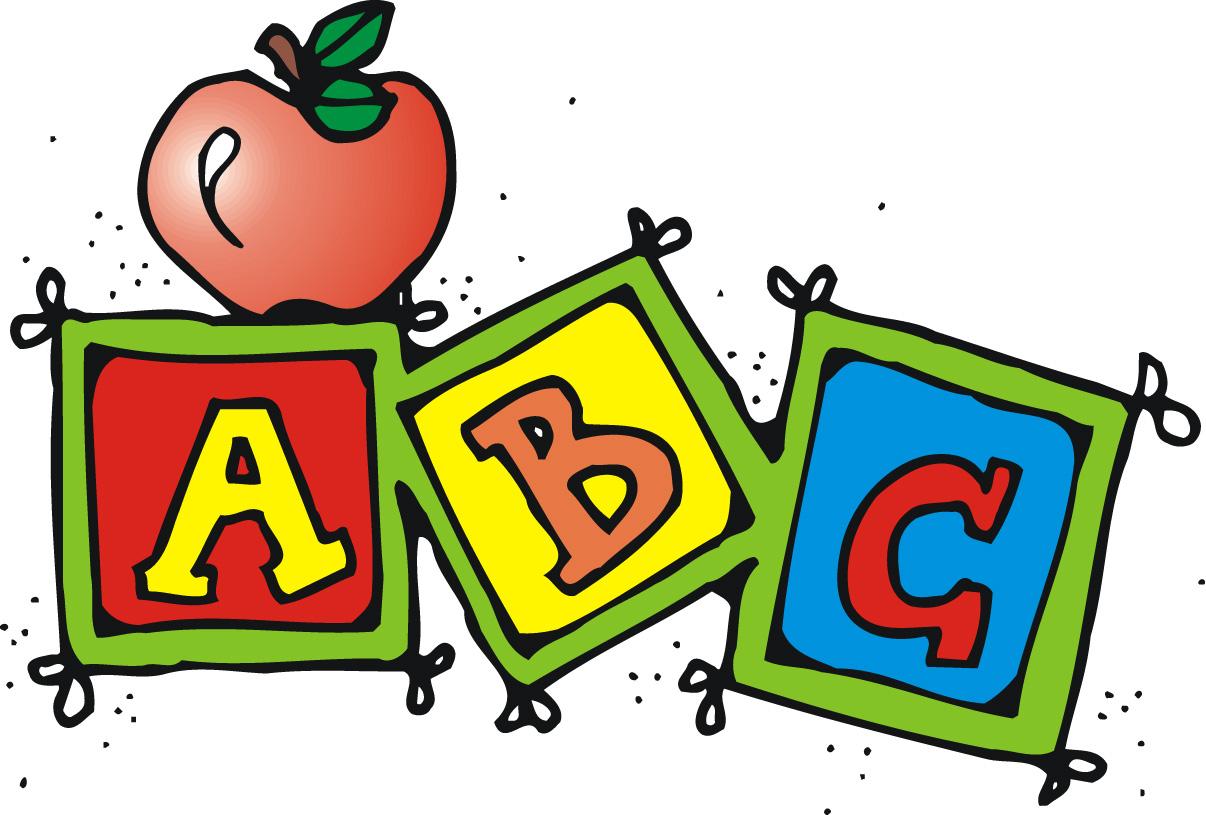
Main components of Froebel’s philosophy of education.
Ø Free self activity.
Ø
Creativity.
Ø
Social participation.
Ø
Motor expression.
 social participation
social participation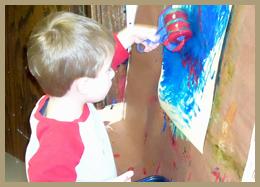 creativity
creativity
Froebel’s philosphy of kindergarten.
- Humans are creative beings.
- Play is way that takes to learning.
- Children learn at own pace only when they
are ready.
- Education leads to knowledge.
- Kindergarten as prepared environment.
- Activity is an engine that drives to
child’s inner world.
- Math work
emphasize order its not just for instruction.
-
Teaching must be fun, joyful and easy.
FROEBEL PRACTISES.
Kindergarten opened on JUNE 28, 1840 was based on three components:
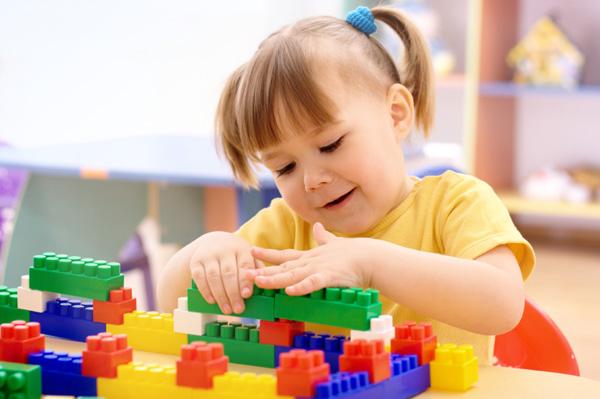

Ø Dances and games for gross motor and health.
Ø CHILDREN USE TO OBSERVE PLANTS AND SEE HOW THEY GROW TO GET AWARENESS OF NATURAL WORLD.
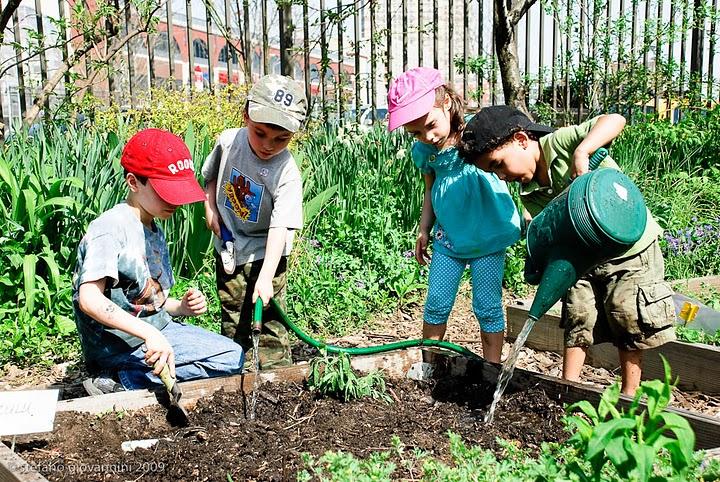
Froebel's Practices
- Play had highest
influence and was called free expression of one’s soul.
- He developed
interactive gardens in his kindergarten to see different phases of growing,
harvesting, and preparing nutritious, seasonal produce.
- Systematic categories and gift series.
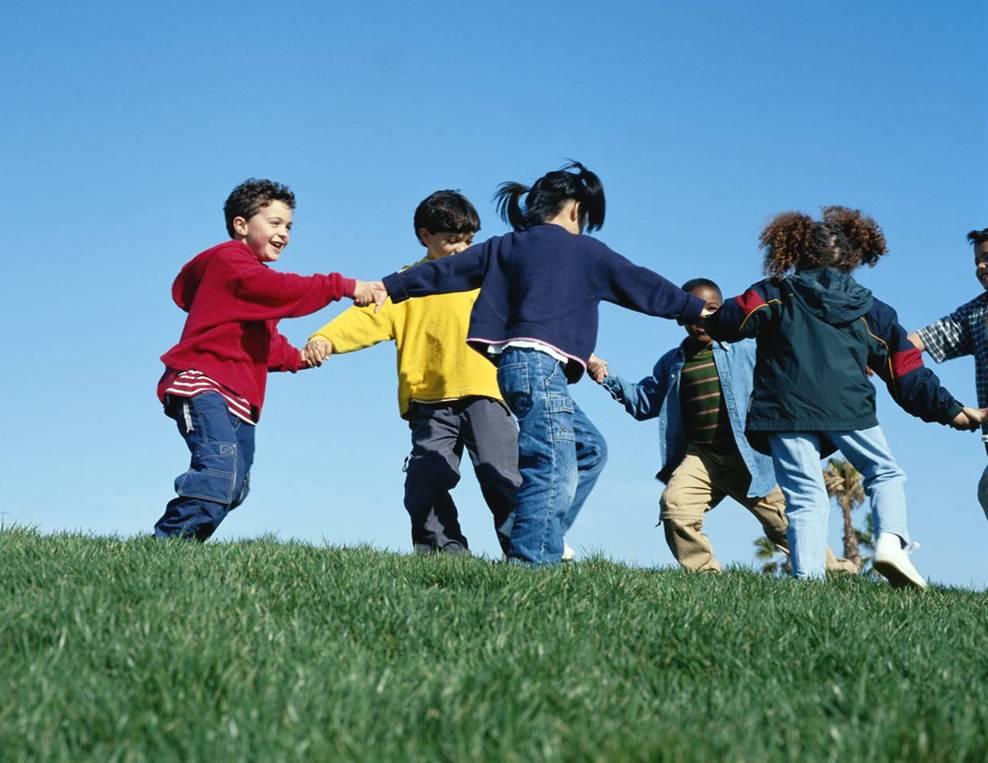
Friedrich Froebel theories of education
Following are his theories focusing on-
Value
Knowledge
Human nature
Learning
Transmission
Opportunity
Consensus
Impact on education
-
Brought kindergarten
movement.
-
Focused that self
activity and play are essential in child’s education.
-
Games and
activities-Occupations.
-
Gifted –toys.
-
Later John Dewey
adopted his ideas for experimentation.
Contribution to CURRENT EARLY CHILDHOOD EDUCATION
- Kindergarten that
focused on play with using materials and activities.
- He believed highly in
UNITY which impacted on multicultural (Anti bias approach)
- Nursery rhymes/songs still in practice.
- Published collection
of mother-play .
- He contributed education. That is why our curriculum includes: Learning through play,learning
outcome activities and outdoor time as well as circle time.
- Children learn size
dimensions and relationships through toys with focus on math.
- Brought Imagination,physical activity and creativity to play as he believed in self activity with purpose.
-
Family or parents as
part of program.we just did international mud day at our center and parents collaborated with us to make it successful .Involvement of parents is vital
references.
Dantinne, R. (2011, August 18). http://www.newfoundations.com/GALLERY/Froebel.html. Retrieved from http://www.newfoundations.com/GALLERY/Froebel.html: http://www.newfoundations.com/GALLERY/Froebel.html
Ellington, V. (n.d.). http://www.froebelweb.org. Retrieved from www.froebelweb.org: http://www.froebelweb.org/web2002.html
http://education.stateuniversity.com. (n.d.). Retrieved from education.stateuniversity.com: http://education.stateuniversity.com/pages/1999/Froebel-Friedrich-1782-1852.html
http://en.wikipedia.org/wiki/Friedrich_Fr%C3%B6bel. (2014, April 11). Retrieved from en.wikipedia.org: http://en.wikipedia.org/wiki/Friedrich_Fr%C3%B6bel
Neaum, S., & Tallack, J. ( 2000). Good Practice in Implementing the Pre-School Curriculum. In Good Practice in Implementing the Pre-School Curriculum. Nelson Thornes,.
Wetson, P. (2002). http://friedrichfroebel.com/. Retrieved from friedrichfroebel.com: http://friedrichfroebel.com/
Froebel
By navkamal
Froebel
- 1,595
